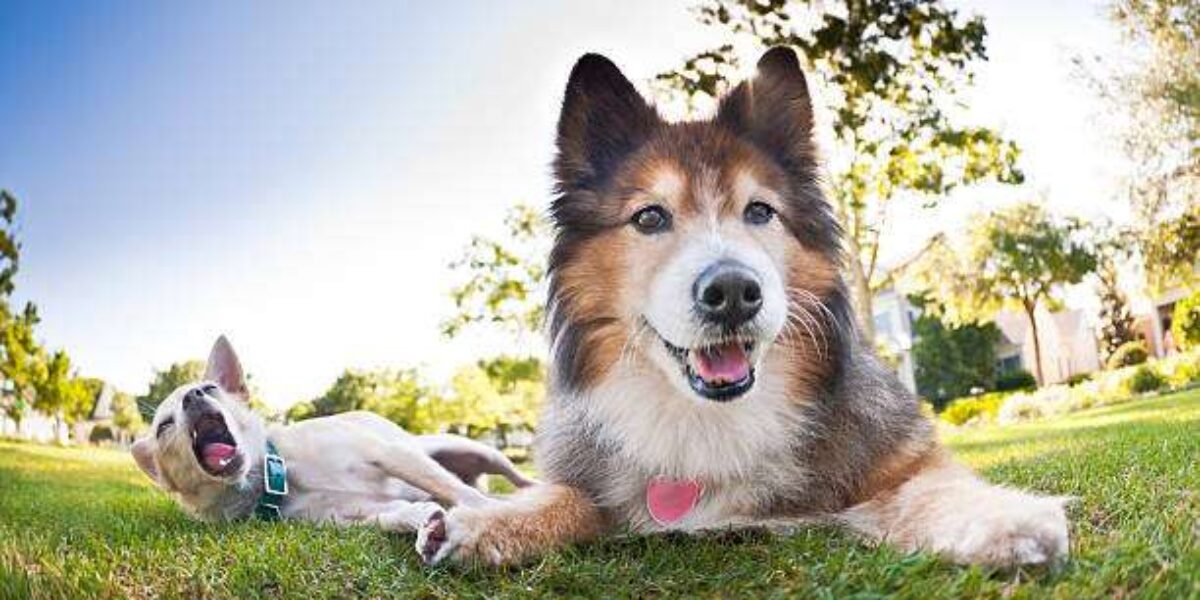Last updated on January 26th, 2024 at 06:07 am
The 1st thing that comes to our mind is ‘Can we give cheese to our dog?’. The short answer is yes, since cheese is not harmful and is perfectly acceptable for the majority of dogs. Some dogs, nevertheless, may not respond well to dairy products due to lactose intolerance.
Therefore, if you’re thinking of giving cheese to your dog, you should be aware of a few key informational points.
Is cheese good for dogs?
- The first advantage of cheese is that it’s not just delicious; it also contains a number of healthy elements, such as protein, calcium, vitamin A, essential fatty acids, and B-complex vitamins.
- Even certain cheeses have good bacteria in them, such as Bifidobacterium longum, which can help your dog’s digestion and immune system.
- This treat also works well for hiding medications for dogs who need to take medication.
Read More: The Benefits of Dietary Essential Fatty Acids for Pets’ Health in a Bigger Way
Is cheese bad for dogs?
- Although cheese has many benefits, there are also drawbacks to giving cheese to dogs. Although the majority of healthy dogs are more likely to tolerate the cheese’s ingredients in little amounts, there are certain puppies that just shouldn’t be consuming any cheese at all. These incorporate:
- Lactose intolerance dogs: Dairy items, particularly cheese, can upset their stomachs and produce flatulence, discomfort, diarrhoea, or vomiting because their systems are unable to thoroughly and correctly digest them. Give a tiny amount and watch what happens; if stomach discomfort develops, then stop giving it.
- Since cheese has a high-calorie count due to its naturally high-fat content, consuming a lot of it regularly could lead to obesity.
- Cheese also contains some salt, so canines with heart disease, kidney disease, or high blood pressure issues should limit their salt intake. So in this condition cheese feeding in dog should avoided.
- The dog who already suffered from pancreatitis also avoids cheese feeding.
Which types of cheese did we offer for my dogs?

In a market so many varieties of cheeses are available, but all cheese are not good for your dog. So, before buying cheese from your pets you should know which cheese you can give to your dogs (Source: petmed). Table 1 displayed some categories of cheese for dog feeding.
Table 1: Types of cheese for dog feeding
| BEST CHEESE FOR DOGS | CHEESE NOT SUITABLE FOR DOGS | OK TYPE CHEESE FOR DOGS |
| Cottage cheese | Feta | American |
| Swiss cheese | Blue cheese | Ricotta |
| Parmesan cheese | Goat cheese | Gouda |
| Cheddar cheese | Cream cheese | |
| Mozzarella cheese | Brie | |
| Cheese with herbs or spices |
Things to remember before you give cheese to your dogs
We already discuss about good or bad things about cheese feeding for your dog. So now you ready for adding cheese to your dog’s diet, few points you should remembers like-
- At 1st time of giving cheese to your dog, introduce it to a small amount, so it can adapt in the body and the chances of occurring stomach upset are less.
- Pick cheeses with less fat. The finest cheeses for dogs to eat include low-fat mozzarella, cottage cheese, and even soft goat cheese.
- It’s advised to limit your dog’s cheese snacks to no more than 10% of their daily calorie intake due to the lactose, high fat, and salt levels of cheese.
- Avoid feeding any flavored cheese to reduce the chances of occurring toxicity.
Well, cheese is quite tasty for your dogs, and they like cheese when they eat it. Therefore, add high-quality cheese in moderation to your dog’s food along with a balanced diet if you wish to.
Read More: Battling Obesity in Cats: A Guide
FAQs?
Are cheese balls okay to give to my dogs?
You can offer your dogs a small bit of cheese balls, but if you give them more, it can be harmful as well.
Can dogs eat spicy cheese?
No, it upsets your dogs’ stomachs. Not just spicy cheese, but also cheeses with any kind of additives are bad for dogs.
Can dogs eat cheesecake?
Cheesecake contains a high amount of calories, it may cause pancreatitis in your dogs.




